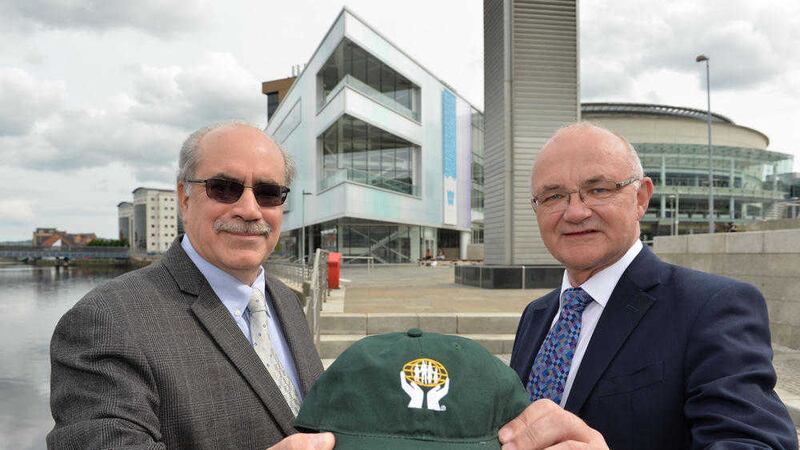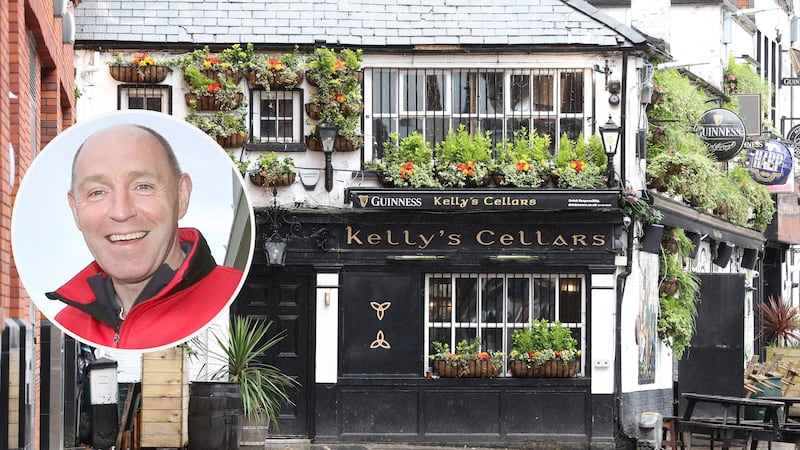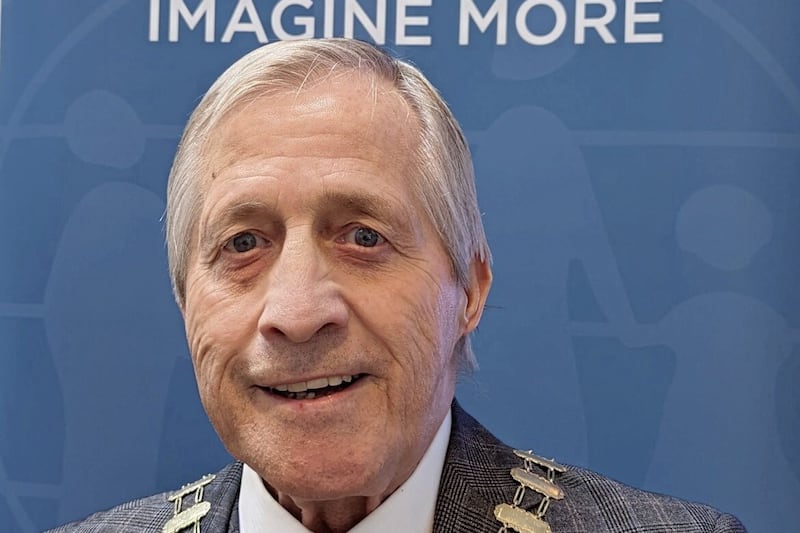FROM humble beginnings in the 1800s in a small rural town in Germany, the Credit Union (or CU as it is affectionately known in Northern Ireland) has developed into a global movement.
Introduced to Ireland in 1958, there are now 530 credit unions affiliated to the Irish League of Credit Unions, with over two million members, billions in pounds and euros in savings and thousands directly employed alongside large volunteer numbers.
The CU is big business, so it's no surprise that close to 2,000 delegates are attending the World Credit Union Conference at the Belfast Waterfront this week, with delegates from as far afield as Australia, New Zealand, Mexico and Canada. It reminds us of the vital and valuable role Credit Unions play in communities across the globe.
It's a movement which continually evolves and over the past number of years, the credit union movement in Northern Ireland has seen significant change.
The introduction of new regulation by the Financial Services Authority (now the Financial Conduct Authority and the Prudential Regulation Authority) has seen an environment of increased reporting and greater scrutiny.
But the volunteer board of directors (board members and supervisors in credit unions are volunteers) have responded favourably and continue to give of their time to make a difference in their communities as they really do "look at things differently".
Northern Ireland has more than 150 credit unions, and at the end of last year they held more than £1.2 billion of members’ funds, with £529 million advanced in loans to members.
So how do they work? Credit unions rely on members investing funds in shares which are subsequently loaned back out to members in the form of loans. Members pay interest on their borrowings and this interest, along with interest earned on funds on investment, is paid back to members in the form of dividends and loan interest rebates, after allowing for running costs in the credit union.
The model is very simple and straightforward – and it works. In many towns across Northern Ireland, members queue up in November each year to collect their dividend payment and go off and start the Christmas shopping.
The credit union movement was introduced in Northern Ireland in the 1960s. Nobel peace laureate John Hume was instrumental in opening the first credit union in Derry in 1960, a successful credit union which reported recently that it had paid out its one-millionth loan.
Subsequently other areas followed suit as new credit unions opened up around the north. Many families have achieved success with the help of their local credit union. From buying that first car, to paying for a holiday, a wedding, or even the trip to the Euros, the credit union is often the unmentioned friend who makes it all happen - for me, the CU first helped in getting my 1986 VW on the road!
What the programme for this week’s conference highlights, though, is that credit unions cannot stand still and must look out for new opportunities to grow and develop their business model. Credit unions are commercial business ventures which must promote and develop their offering for members.
This week in Belfast, delegates from around the world will consider the role technology plays in credit unions, the opportunities that business lending may bring as well as new ways of engaging with a new millennial demographic.
And, what’s most interesting, though, is the focus on vision, strategy and the need for forward planning – credit unions are competing all the time with banks, online loan providers and payday lenders who are keen to push out what alternative forms of finance.
:: Gerard Gildernew (Gerard.Gildernew@gildernewandco.com) is principal at Gildernew & Co and an experienced advisor to credit unions across the north.








